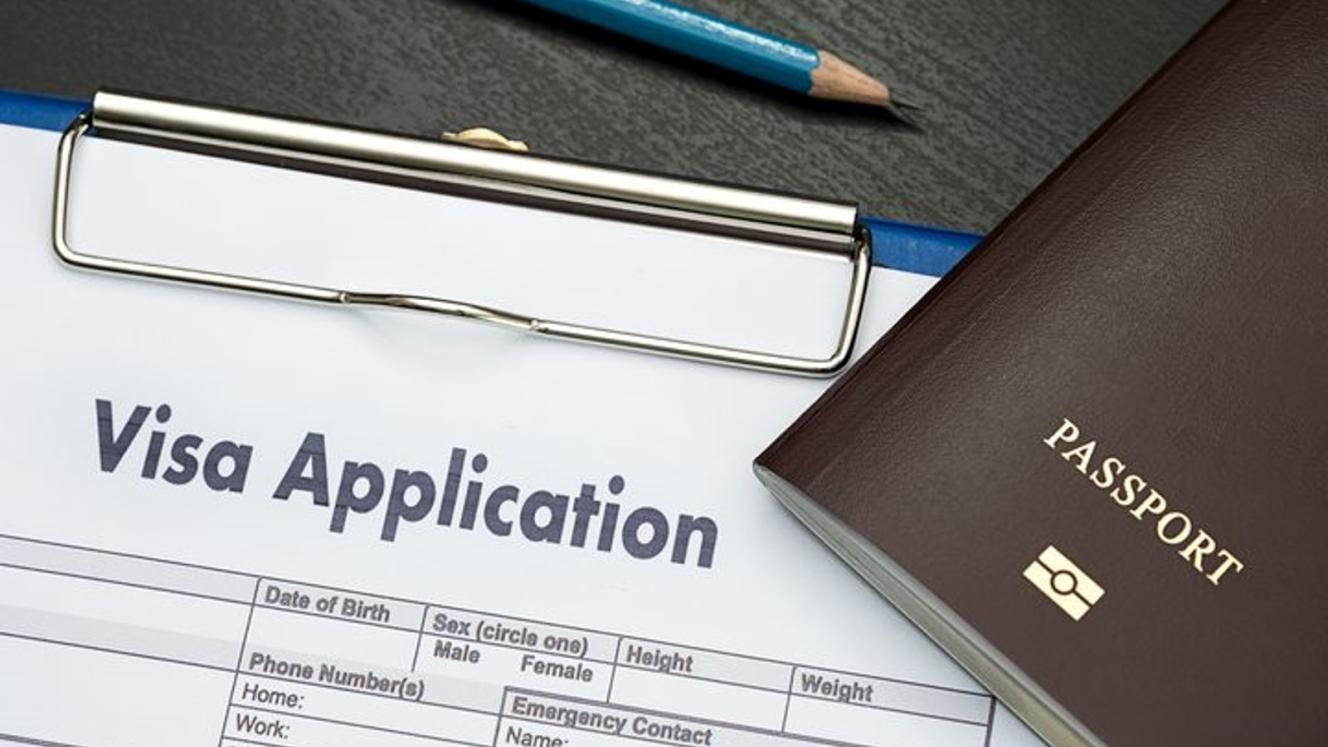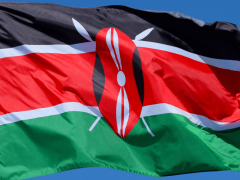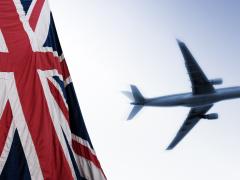Visa politics are having an impact on travel confidence as visa policies increasingly become a tool of diplomacy and a way to exert political pressure, creating uncertainty for international travellers.
In July 2024, Ireland suddenly introduced visas for South African citizens, citing an increase in asylum applications from third countries using South African passports. In August this year, the US government halted visa applications in Zimbabwe due to concerns with its government and also introduced $10 000 (R171 500) visa bonds for Zambia and Malawi.
The UK has also threatened visa sanctions on Angola, Namibia and the DRC over failed deportation efforts, while the EU council approved new rules to suspend visa-free travel for third countries that did not comply with EU regulations.
“Visa decisions are definitely becoming more political than they used to be. It’s no longer just about migration control or security – it feels like travellers are getting caught in the middle of bigger diplomatic issues. There’s a clear trend where visa rules change suddenly depending on what’s happening between countries and, unfortunately, applicants feel the impact immediately,” said Anitta Mtsweni, Head of Visa Division at Visaline.
Travel confidence
These issues have an impact on travel confidence and create uncertainty among travellers.
“When sudden changes are made, it gives travellers a sense that a country is not interested in welcoming certain nationalities and we have seen how this instils a sense of fear. This was especially evident when Ireland introduced the change for South Africans,” said Candice Magen, CEO of Visas Abroad.
Mtsweni added: “Even people with strong documents and a clean travel history are unsure because approvals feel less straightforward nowadays. Many clients tell us they don’t want to book flights or accommodation until the visa is out. We have noticed more unpredictable outcomes, and sometimes the reasons given don’t match the applicant’s actual risk or profile. We have noticed this with visa applications for the US.”
Visa bottlenecks
These sudden changes can create bottlenecks in processing and approvals if processing systems and embassies are not adequately prepared.
“Visa centres and embassies need time to adjust, and during that period everything slows down. We see fewer appointment slots, longer waiting times, confusing new requirements, and sometimes more rejections. This creates a lot of frustration for travellers who have fixed dates or urgent reasons to travel,” said Mtsweni.
However, Magen has noticed that travellers adapt quickly to changes. “Confidence is restored through timely, clear communication and proactive support from the travel sector, ensuring they understand the new requirements and the robust mechanisms in place to manage the application process,” said Magen.
Mitigating impact
Magen says the best way to mitigate the impact of sudden visa changes is to ensure a rapid deployment of resources and clear communication between governments, visa service providers and the travel industry.
“We routinely monitor geopolitical developments and regulatory announcements and immediately update clients and travel agents with verified requirements,” said Magen.
According to Mtsweni, this still presents a challenge. “Travel companies are trying their best, but even for us in the industry it’s tough, because we usually receive the same public updates as everyone else.”













